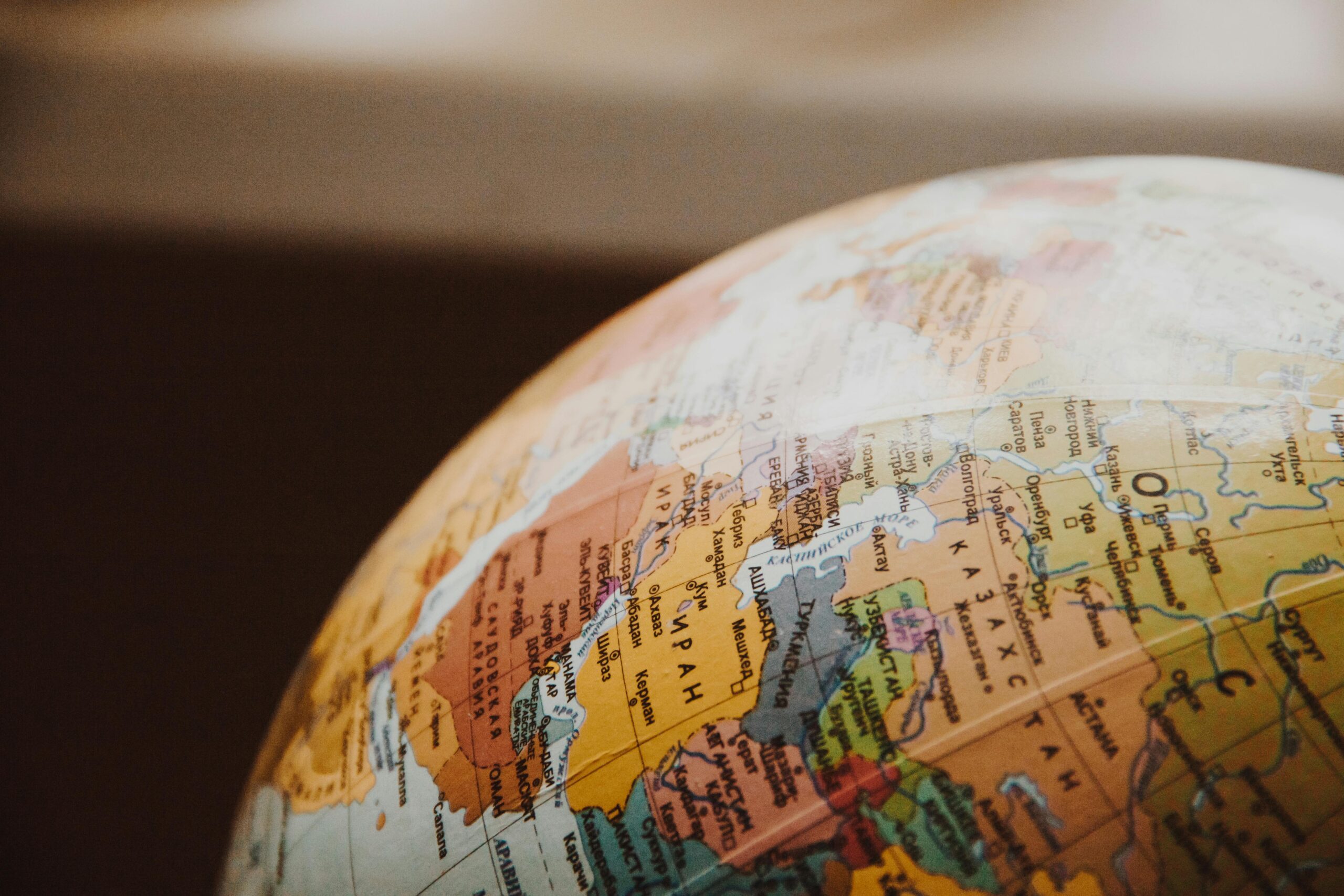✈️ 1. Visas, Permits & Paperwork: Don’t Assume
Every country has its own rules for entry, and they often depend on your purpose: work, study, family, or travel. You may need a:
-
Work or residence visa
-
Health insurance
-
Proof of accommodation
-
Background checks or translations of official documents
Tip: Visit the embassy or official government website of your destination country to find up-to-date, accurate information. Don’t rely solely on forums or social media they’re often outdated or overly anecdotal.
🏠 2. Know the Cost of Living (Not Just Rent)
You might find rent affordable, but don’t stop there. Consider:
-
Grocery prices
-
Healthcare and insurance
-
Public transport or car expenses
-
Schooling or childcare (if relevant)
-
Taxes and mandatory contributions
Why it matters: A “cheap” country can become expensive fast if you don’t understand the real monthly costs.
💳 3. Banking & Money Transfers
Will your bank card work abroad? Can you open a local account easily? What are the best ways to transfer money between countries without losing on exchange fees?
Tip: Research international banks, or use digital services like Wise, Revolut, or N26 to reduce conversion costs. Some countries also require a local account to get paid or register for services.
🗣 4. Language Barrier: It’s Bigger Than You Think
Even in countries where many speak English, it’s not always enough. You’ll need to know at least basic local phrases to:
-
Handle emergencies
-
Read government letters
-
Navigate bureaucracy
-
Understand your lease or work contract
Pro move: Start learning early apps like Duolingo or local language meetups help more than you’d expect.
📜 5. Legal Rights and Labour Laws
Before you start working abroad, understand:
-
Your rights as a foreign worker
-
Minimum wage, working hours, and holidays
-
Whether you need a contract or sponsorship
-
What to do if you’re being underpaid or exploited
Each country treats foreign workers differently. Some offer full protections, others don’t. Knowing your rights helps you avoid exploitation.
🧍 6. Cultural Norms: What’s Normal Here Might Be Rude There
Culture shock is real. From how people greet each other to what’s considered polite at dinner, the differences can be subtle but impactful.
-
Is tipping expected or offensive?
-
Are Sunday store closures common?
-
What’s the pace of life and personal space like?
Pro tip: Be curious, not critical. Ask locals or long-term expats they often know the “unwritten rules” best.
🧘 7. Emotional Preparation: Yes, Homesickness Will Hit
Missing home, struggling to make friends, or feeling overwhelmed is completely normal. Moving abroad can be emotionally intense, even if it was your dream.
-
Stay in touch with loved ones
-
Find expat communities or groups
-
Talk to others who’ve gone through it
Reminder: It’s okay to miss your comfort zone. You’re building a new one.
📦 8. What to Pack And What to Leave Behind
Every country has different standards for clothing, appliances, and household basics. It’s easy to overpack or bring things you’ll never use.
Checklist Questions:
-
Will my electronics work (voltage and plug type)?
-
Can I easily buy this item abroad if needed?
-
Am I overloading with sentimental things that may just gather dust?
Less is more especially if you’ll be moving again.
🛑 Final Thought: It’s a Process, Not a Vacation
Moving abroad isn’t a one-time leap. It’s an adjustment that continues for weeks, even months. Give yourself time, space, and patience to adapt.




